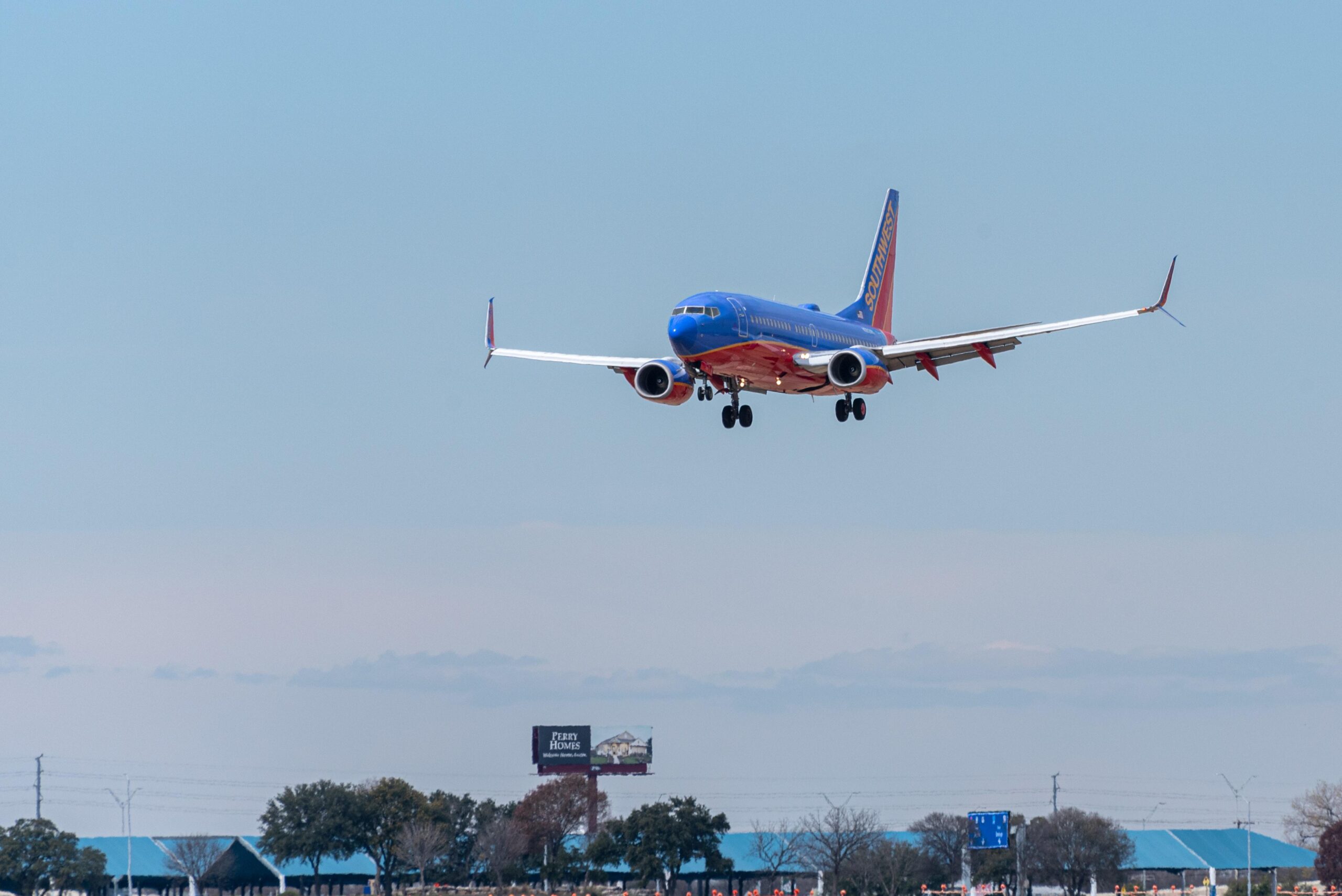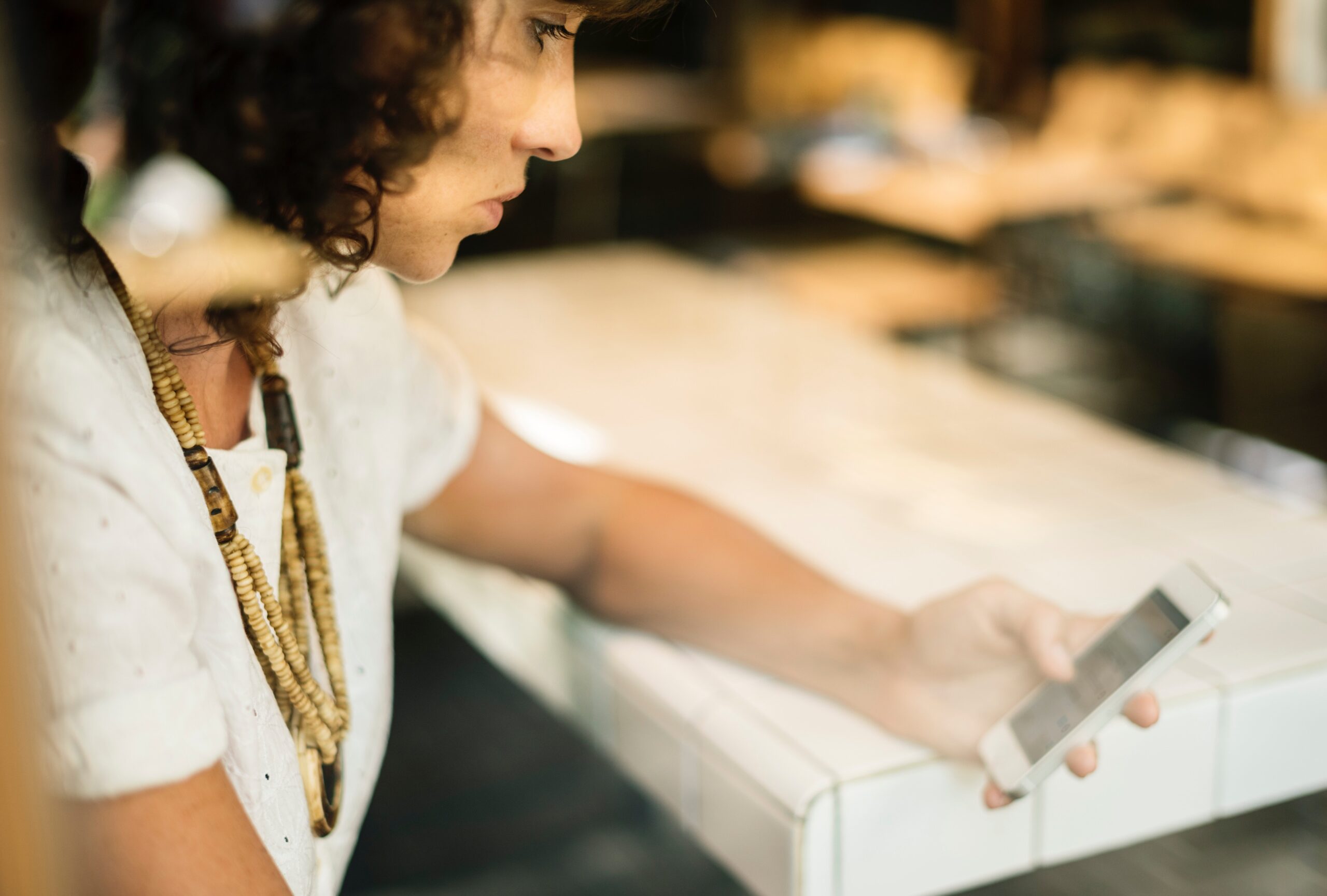How to Save Money On Travel This Summer

May 18 | 2023

Your view could be the ocean
Photo by Jakob Owens on Unsplash
Summer’s here, though I say that tentatively in case a rain cloud materializes over my head just to spite me. But as May inches its way toward June, the sky clears. And with the temperatures rising, it’s impossible to deny that the season of sun and fun is finally upon us. Goodbye, seasonal depression…hello to









